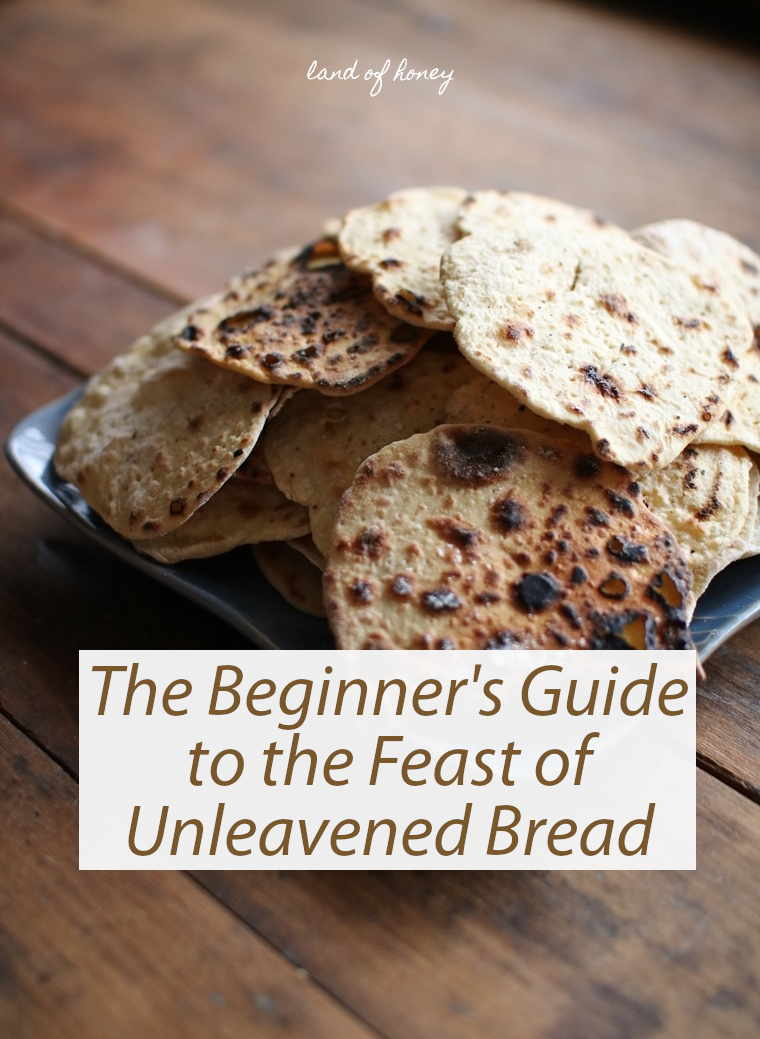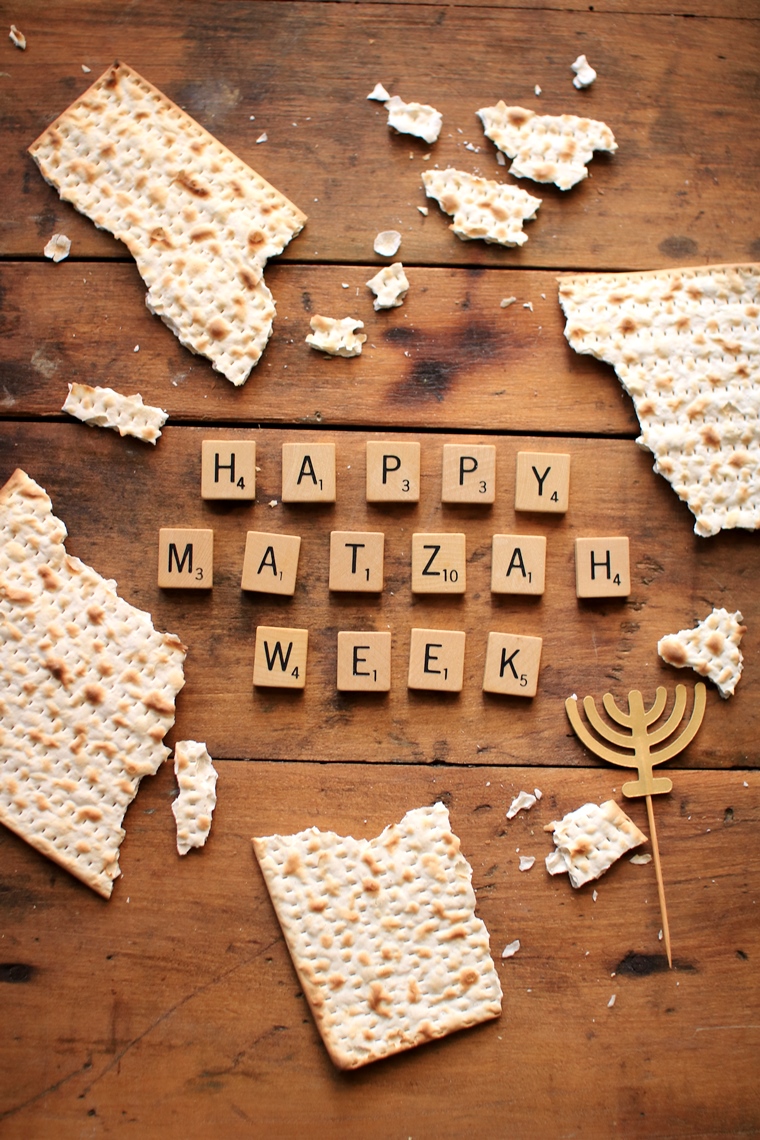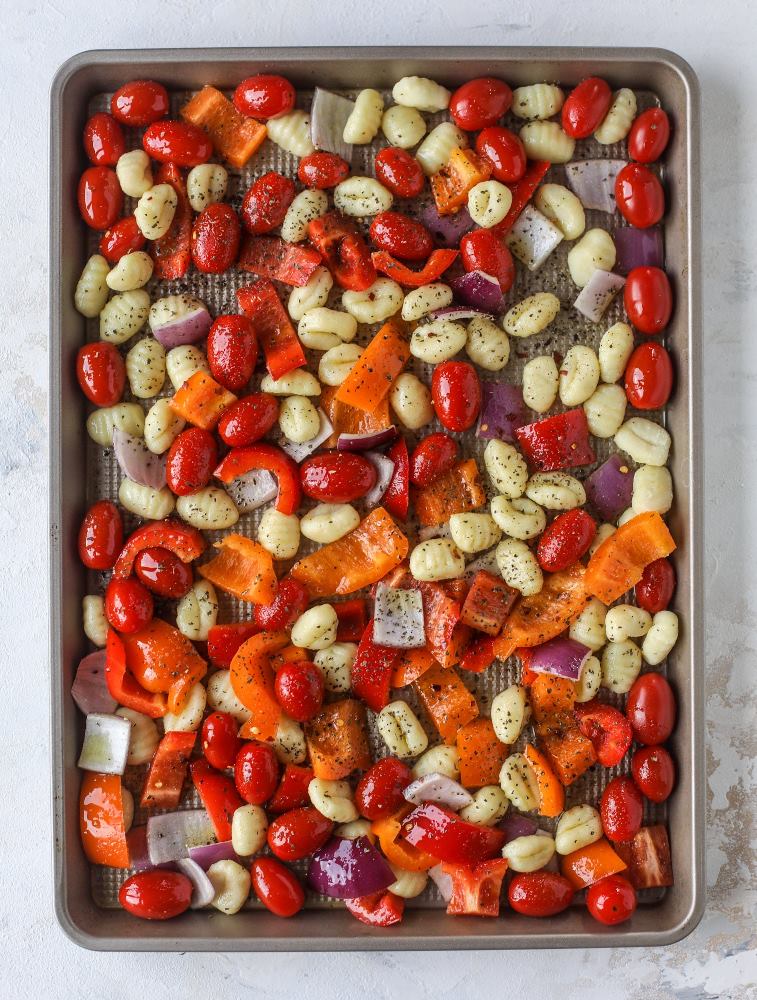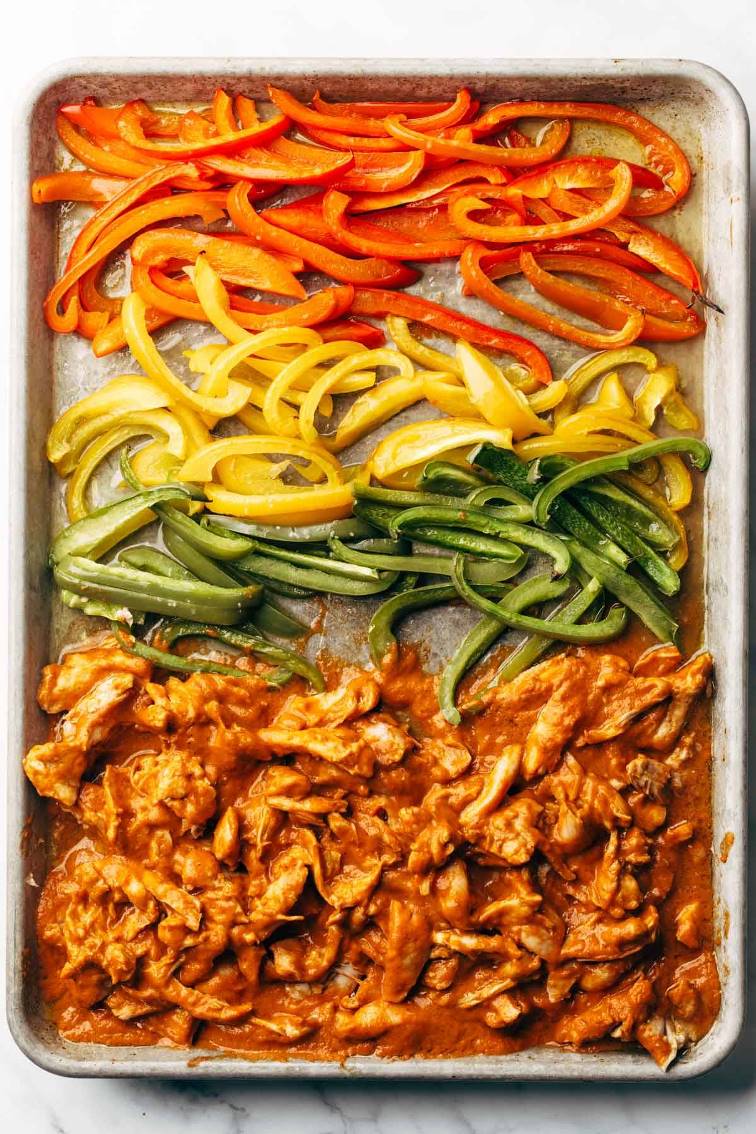You can take part in and celebrate the Creator's set apart time of the Feast of Unleavened Bread...even if you never have before! The Biblical holidays were given to all believers, and they are a joy to take part in. Here's how to get started.
What you need to know about the Feast of Unleavened Bread:
-It is seven days long and starts immediately after Passover.
-The first and last days are considered Sabbaths and we are not to work on them.
-During this time we are not to eat regular leavened bread or have it in our homes.
-The Hebrew word for unleavened bread is matzah, and these terms are used interchangeably. The Feast of Unleavened Bread is also called Matzah Week or the Feast of Matzah.
-You can have flour, etc. in your home as long as you are not leavening it. I don't get rid of my flour because I use it throughout the week of Unleavened Bread to make unleavened bread. Of course, it would not be appropriate to make leavened bread with it.
-It is a time for feasting, rejoicing, worship, and celebration.
Spiritual significance of the Feast of Unleavened Bread:
-Matzah Week is when the Israelites hit the road when they fled Egyptian slavery. That YHWH freed his people from slavery is worth remembering and celebrating! During the Feast of Unleavened Bread in Exodus, his people were in that in between place of leaving Egypt, yet not yet entering into the fullness of his promises.
-The bread they ate was unleavened because YHWH changed their circumstances so quickly that they didn't even have time to let their bread rise. No matter how hopeless a situation in our lives may seem, our God can turn that around.
-The Messiah rose from the dead during Unleavened Bread!
-The principle of leaven is very powerful. If you've made bread using sourdough starter or yeast then you know the small amount of this changes the end product significantly! While it can be easy to think that little things in our life don't matter, they can make a huge difference for good or bad.
-Leaven is typically seen as sin in the Bible. Like sin, leaven shows up in more places than we would expect and we are called to make an effort to avoid it. During this Feast we are to examine ourselves and our lives extra closely and get rid of anything spiritually leavened.
-Unleavened bread is seen as a symbol of the Messiah's physical body. He was sinless (unleavened), and the piercings and dark spots that appear on both homemade and boxed matzah are fitting symbols of him being beaten and bruised for us. Don't forget that Yahusha described himself as the "bread of life." (John 6:35)
How to observe the Feast of Unleavened Bread:
-Take a look through your pantry and freezer and take note of what you have that is leavened. This includes things like sandwich bread and frozen pizzas, and also fermented wheat products including soy sauce and beer. Think about storing these things on a certain shelf or area of the pantry so that you can use up anything leavened before the set apart time starts. If you don't have time to use it all then share your bounty with friends, or a food pantry. Burn or throw away the last bits of leavened bread if necessary.
-As you go through the process of removing leaven from your home, consider how we are called to examine our hearts and actions for spiritual "leaven." Pray and ask YHWH if there is something he would like to clear out of your life as you are cleaning your cupboards of leaven. These questions are a good guide to spiritual preparation for this time.
-Get a recipe to make your own unleavened bread, or order or purchase boxed matzah bread. Boxed matzah is similar to a large cracker, whereas homemade matzah is soft, comparable to naan bread. This is my recipe made with einkorn flour, but you could substitute all purpose or whole wheat flour.
-Think about incorporating matzah into at least one meal a day throughout the week. It's appropriate to eat unleavened bread during the Feast of Unleavened Bread! There are many ways to enjoy matzah. Eat it with sandwich toppings, alongside a bowl of soup or curry, make matzah pizzas, or turn it into matzah toffee! See this post for other ideas for serving unleavened bread.
-Take at least the first and last days of Unleavened Bread off from work, errands, and household chores. If possible, consider taking more time off from work to spend with your family or to make this holiday more special to you. Taking a day trip somewhere during the week can make it fun and memorable - I visited the Ark Encounter during Matzah Week a few years ago!
-Take joy in worshiping YHWH, and studying the Bible. Attend services at a congregation if possible, and watch children's Bible story videos - if you don't have kids do it for fun!
-Not everything you do has to be 'spiritual' - make the week fun with things you enjoy. Go somewhere beautiful for a hike, play games or do a puzzle with family, make a craft or an omer counter, invite friends over for dinner, make special foods, and take time to relax.
There is some learning curve when you start to observe a new holiday, so give yourself grace about that. It takes time to get used to celebrating the times of the Creator and next year it will seem more natural and be even more fun! The Living God is honored by your efforts to take part in his set apart times!
Other posts about celebrating this holiday:
12 Ways to Celebrate the Feast of Unleavened Bread
My Matzah Week - What Celebrating the Feast of Unleavened Bread Looks Like
Recipes for the Feast of Unleavened Bread

































